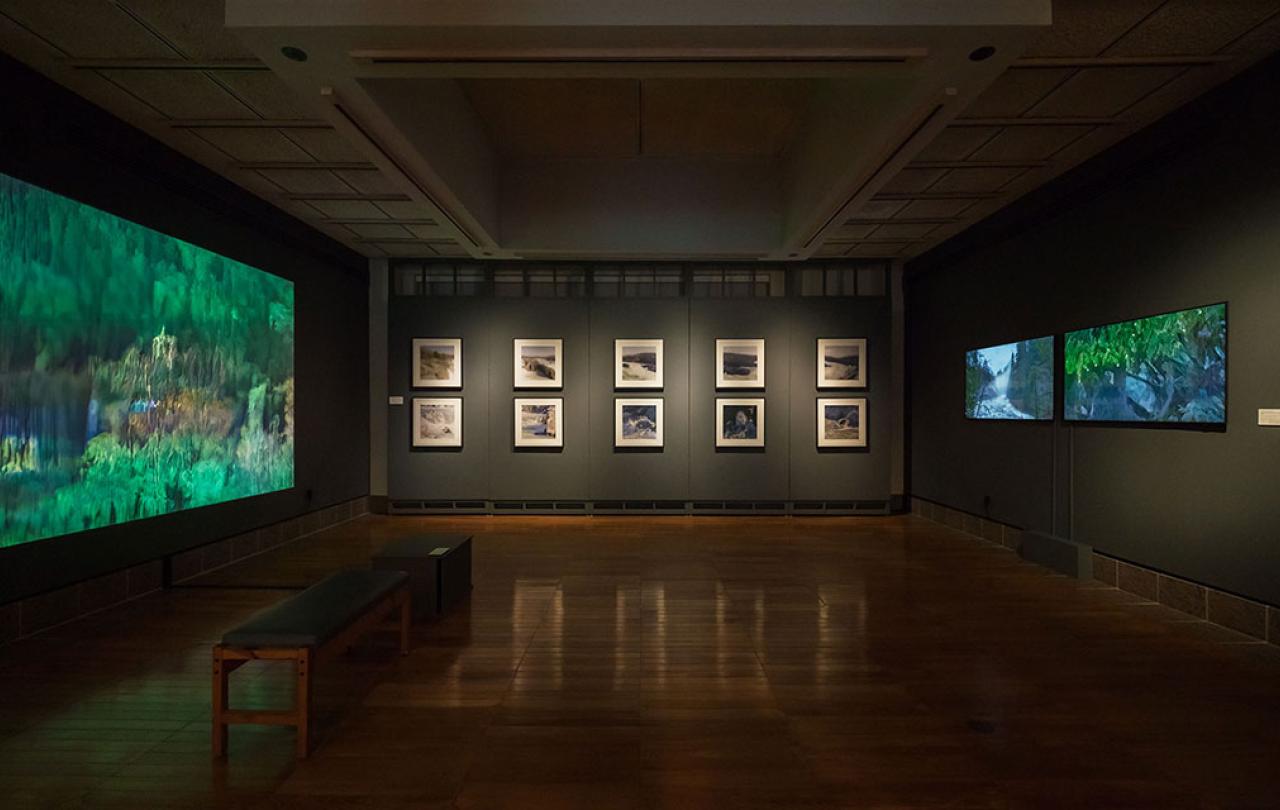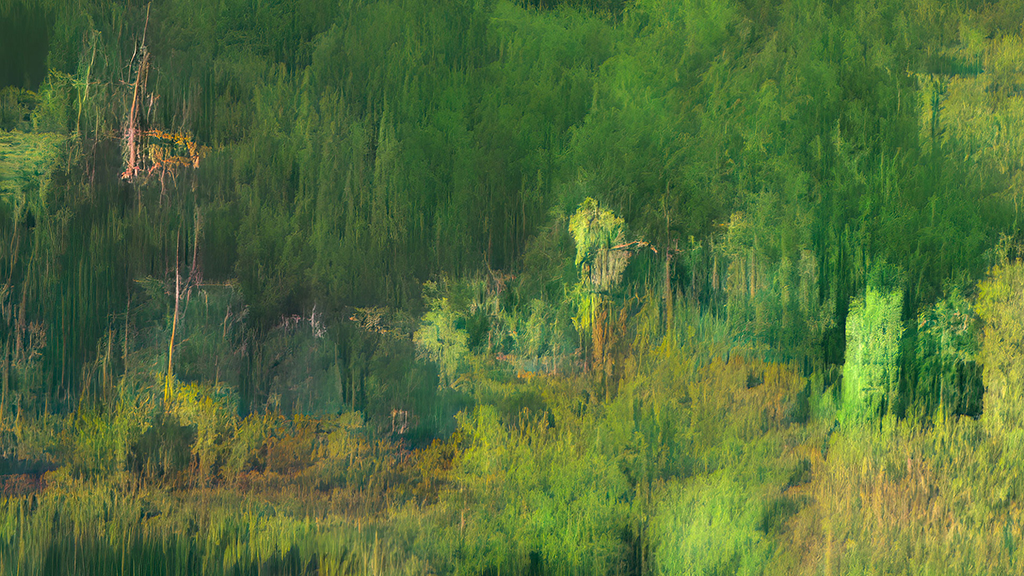
People in the UK don’t like to apologise. At least that’s what a recent poll reported by the Daily Mail claims. Of a thousand British people surveyed, about forty percent of them claimed they didn’t like to apologise because they were never wrong! At least that’s what the headline said. When you actually look at the survey itself, things get a bit more nuanced. 18 per cent don’t feel ‘comfortable’ making an apology. 15 per cent don’t like admitting they’re wrong. 23 per cent feel embarrassed at the thought of apologising. Sorry does indeed seem to be the hardest word. And Elton John seems to be the hardest person to avoid quoting whenever these things come up. Which they do - a lot!
We shouldn’t really be that surprised by the findings of this study. Contrary to the popular belief that the world is divided between goodies and baddies, upstanding citizens and immoral rotters, the ethical picture is much more complex than that. The line between good and bad, as Russian dissident Aleksandr Solzhenitsyn noted, runs through people not between them. Many moral qualities like kindness, forgiveness, gratitude, humility and so on, are trait-like. There are relatively few pure saints and absolute villains, most of us linger in the muddy moral middle, neither exceptionally good nor reprehensibly evil. And this is what the survey indicates. Despite all our reservations about apologising, the average 20 to 50-year-old says sorry about three times a week, totting up an annual total of 150 apologies per year. We may not like apologising, but we get there in the end.
Unfortunately, it’s not as simple as all that. Because while we may apologise, we don’t always mean it. If the need to apologise is a spectrum it not only includes those who NEVER apologise, but also those who ALWAYS apologise. If the non-apologisers sit at one extreme, the super-apologisers dwell at the other. These are the people who over-use apology, who never stop apologising for their existence. According to this survey, 41 per cent of us are first to apologise whether or not we think we are in the wrong, and 38 per cent apologise without meaning it. Ever found yourself inexplicably blurting out a sorry to the person who bumped into you at the supermarket? or gratuitously apologising for your emotions in an attempt to appease the workplace bully who caused them? I have. If that’s you, please pull up a chair and join me at the table of compulsive and unnecessary apologies- assuming you can sit down without apologising for taking up the air space.
With the wisdom of age most of us will learn to let things lie. Which is to say we will learn to forgive. Which is also to say we will learn to accept apologies.
It does seem, from this survey at least, that people are a bit confused about the nature of apology. ‘Sorry’, is a necessary part of the social vocabulary that makes community life possible. To say sorry is to acknowledge that we are embedded within a rich social network upon which we rely for our existence and without which human life would be untenable. It belongs alongside other basic words like ‘please’ and ‘thank you’, that recognise our social dependence. This applies everywhere: at home, at school, in the office, down the high street, at church. When we say Please, we acknowledge that there are things we cannot do and cannot know without the help of others. When we say Thank You, we accept that even our greatest achievements were team efforts, not wholly down to us. And when we say Sorry, we accept that this community of trust, this web of promises and fulfilments, is fragile. We can act in ways that fray or even break the threads that connect us to others. Sometimes we don’t show up when we said we would. Sometimes we lie to avoid shame. Sometimes we take far more than we should from those who can’t afford to give. Sometimes we are rude, hurtful, even hateful. Saying sorry is the way we recognise, renew and repair our damaged connections to the people on which our lives depend.
One of the most interesting findings in forgiveness research is that as people get older they generally become more forgiving. Now we can all think of exceptions to this - we all know people who seem to have become bitter rather than better with age - but that’s not the rule of it. Most of us will mellow and become more tolerant as the years pass. Partly because the passing of time diminishes our energy for grudges and plotting petty retaliations. But mainly because the older we get the fewer friends we have left. If young adulthood is awash with weddings, then later life is filled with funerals. To put it bluntly, as we get older more people we know have died. We increasingly realise that our connections to family and friends are priceless and irreplaceable and hardly worth severing over minor grievances. With the wisdom of age most of us will learn to let things lie. Which is to say we will learn to forgive. Which is also to say we will learn to accept apologies.
Why say sorry if there is no hope of social connectedness? This seems to be the zero-sum game played out in our digital lives.
This by contrast sheds some light on why it might be that some people (the maligned 40 per cent of the survey) simply do not apologise. Admittedly it is likely that the tendency to offer apology varies alongside other personality traits like Agreeableness- our general tendency to get along with people. Those high in Agreeableness are more sensitive to ruptures in their relationships and therefore more likely to resolve these with a well-timed apology. And given that women tend to score more highly than men in measures of agreeableness and social intelligence, it seems equally likely that the league of super-apologisers who say sorry too often (like me) is predominantly populated by women (unlike me). By contrast those who do not apologise are likely to be at the tough-minded end of the personality spectrum, more ferociously individualistic, less emotionally aware, and not particularly sensitive to the fabric of social life into which they are inescapably stitched.
The apologiser and the non-apologiser then inhabit different universes. If apology belongs to a social network that needs to be tended, then the refusal to ever apologise is to deny the relational fabric of human life. Why say sorry if there is no hope of social connectedness? This seems to be the zero-sum game played out in our digital lives. Anyone can trawl the elephant’s graveyard of our online history and find things we said or did in our least thoughtful moments. And if they do, no amount of apology seems sufficient to rectify the mistake. Online apologies cannot erase online offences. It’s hard to imagine a better system for teaching us the futility of saying sorry.
There‘s a timing issue too. Quite often people who do not like to apologise assume their apology will result in humiliation. If they admit to being wrong, they will be publicly shamed, not restored to connectedness but excommunicated. As a result, if they ever do get round to apologising, they do so reluctantly or halfheartedly or under duress or just way too late, and consequently receive exactly the kind of vicious reaction they assume apologies usually receive. It’s a self-fulfilling prophecy: if we believe our apologies will be met with hostility, we tend to apologise in ways that make hostility more likely. It’s no wonder some people don’t see saying sorry as a viable social strategy.
To confess is to acknowledge and turn from our self-absorption, distraction, ignorance, inconsistency and whatever else detunes us from this heavenly wavelength.
It is a pity, because for those who care to look apology can address the deepest needs of the human soul. Apology restores us to the human community, reweaves the threads of trust that connect us to family, friends, colleagues, and neighbours. It assumes there is an invisible world we can rely upon, in which we can place our faith, and to which saying sorry can restore us. This is not just the logic of social apology but also the logic of spiritual apology, or to use the more traditional term, confession.
Just as we seem to be confused about apology, we are also pretty confused about confession. For many of us it belongs to movies where gangsters seek forgiveness for heinous acts through the screen of a confessional booth. Or even worse to the humiliation of being forced to publicly reveal our most shameful character flaws. But these are caricatures.
Confession, like apology, ultimately belongs to a benevolent view of reality. A view suggesting that, at all times and in all places we are in the presence of an utterly attentive, absolutely constant and unfailingly loving God. A God who is closer to us than we are to ourselves. A God who cannot help doing whatever it takes to close the distance between us, whose gentle presence hugs the contours of our lives the way the sea hugs the shore. And this divine reality is so permanent, so consistent that, like white noise, we live in complete ignorance of it most of the time. We tend to think that we are here and God is elsewhere, but actually it is God who is here and we who are absentmindedly elsewhere.
In this universe we don’t confess in the hope that our abject humiliation might possibly eke out a morsel of compassion from an otherwise indifferent deity. No. When we confess we acknowledge that while God may be unfailingly aligned with us we are less so with Him. We don’t seem capable of flying in formation with Him. If He moves in straight lines, our lines waver. To confess is to acknowledge and turn from our self-absorption, distraction, ignorance, inconsistency and whatever else detunes us from this heavenly wavelength. If apology restores us to a wider social reality than confession restores us to the deepest reality of all.



